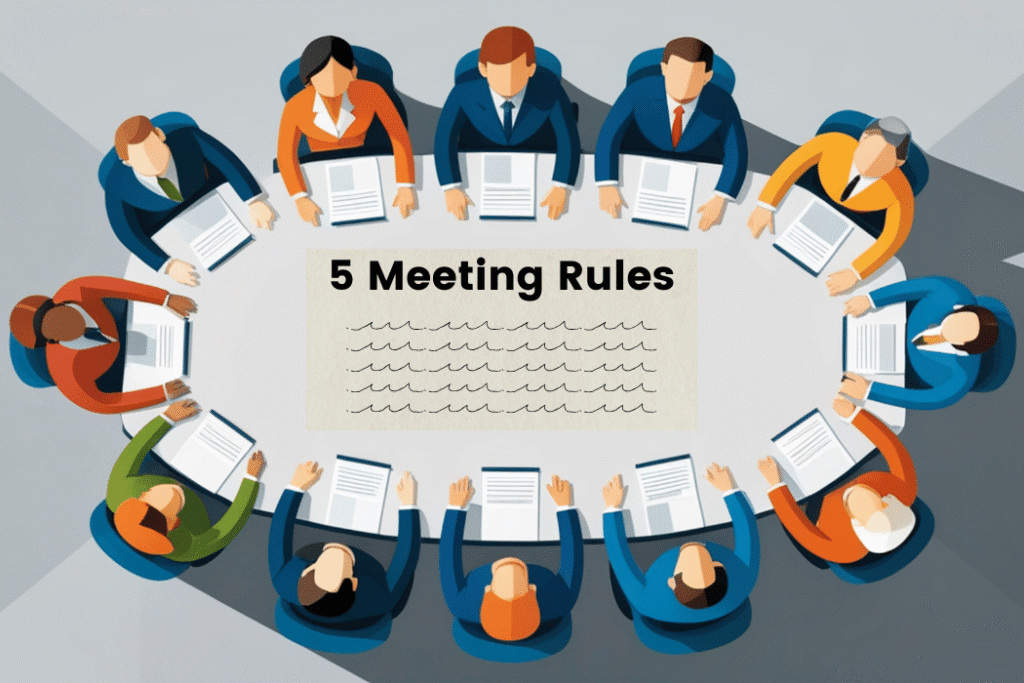
According to new research, over a third of organizations are experiencing workplace incivility. Nearly half of employees worry that their political and societal beliefs are not respected by their co-workers, while less than a quarter feel comfortable sharing their political opinions at work.
Furthermore, many survey respondents signaled leadership issues as being a key underlying factor to workplace incivility, including failure to lead by example or holding individuals to account.
With the election results revealed, workplace dynamics may feel more tense than usual. So how can organizations navigate maintaining workplace civility when emotions are running high?
Promote open dialogue
Open dialogue can be challenging but encouraging respectful communication by establishing clear guidelines on civil discourse is essential. Through open dialogue, employees can feel heard and valued, fostering mutual understanding and reducing tensions in a politically charged environment.
The key is to hold these conversations in a structured, respectful setting, where all opinions are valued equally and people from all walks of life feel represented and respected. This approach minimizes misunderstandings and conflict.
In this environment, employees are encouraged to engage without fear of repercussion or judgment. A better workplace is built by people who can work alongside each other, appreciating their diverse perspectives and experiences rather than being divided by them.
Offer conflict resolution training to everyone
While 76 percent of organizations invest in conflict resolution training, fewer than half extend this training to all staff members. Most of this training is directed at managers and HR personnel, but what happens when these leaders aren’t present and a conversation takes a wrong turn, or trained managers fail to lead by example?
Expanding conflict resolution training to all employees ensures everyone has the skills to handle and diffuse sensitive conversations effectively.
In the current post-election climate, where emotions may be heightened, universal conflict resolution skills empower employees to navigate potential disagreements constructively, helping to preserve workplace harmony and productivity.
Encourage Employee Resource Groups (ERGs)
Over half of employees believe that societal conflicts and issues are negatively impacting their emotional and mental well-being. By establishing and encouraging ERGs, a safe space is available for employees to connect over shared experiences and support one another.
These groups are particularly valuable in turbulent times but if they are to be representative, they must be diversified and encourage engagement from all employees, no matter their perspective or beliefs.
Reinforce core values
Organizational values are the foundation of workplace culture; without these core values, employees lack a guiding framework for their behavior.
Above all, these values shape the way employees interact and engage with one another, fostering a cohesive and respectful work environment where everyone is appreciated as a unique individual.
With both new and long-standing employees, information can sometimes get lost or forgotten. Keeping core values front and center ensures they continue to guide interactions and reinforce a positive, unified workplace culture. It is encouraging to see that more than half of organizations prioritize their values to help address non-work-related issues.
Teach your employees that…
Navigating political conversations at work can be challenging, especially in a diverse environment where viewpoints will naturally be diverse.
It is better to never assume that all colleagues share your beliefs. The research shows that less than a quarter of employees feel comfortable discussing their political opinions at work, and assuming shared perspectives can inadvertently cause conflict or tension.
If contentious topics arise, it is always best to be civil and respectful no matter the disparity in opinions. First and foremost, professionalism is key, and it is more constructive to prioritize respect over dramatic debates, ensuring that everyone is heard and valued in these situations.
It is okay to set personal boundaries about political discussions by sidestepping and redirecting conversations that feel uncomfortable or unproductive.













